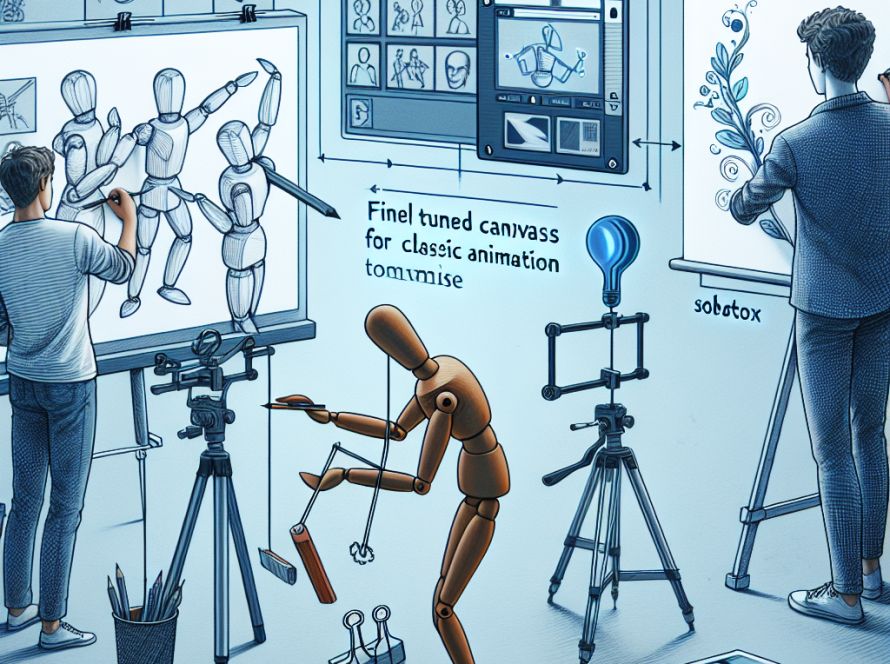Generative AI has made significant strides in recent times, increasing the need for text embeddings which convert textual data into dense vector representations, facilitating the processing of text, images, audio, etc., by models. Different embedding libraries have come to the fore in this space, each with unique pros and cons. This article provides a comparison of these libraries, specifically: OpenAI, HuggingFace, Gensim Word, Facebook, and AllenNLP.
OpenAI’s embeddings are robust, thanks to extensive training on large datasets and can perform zero-shot classification. They are also open-source, allowing new embeddings to be generated. However, they require large computational resources and once trained, they cannot be customized or updated.
HuggingFace offers a variety of embeddings (text, image, and multimodal), is customizable and can be easily integrated with other libraries. They constantly add new models and capabilities. On the downside, some features are accessible only after logging in, and they offer less flexibility compared to open-source options.
Gensim concentrates on text embeddings and provides useful functions for similarity lookups and analogies. Gensim models are fully open source. Nevertheless, Gensim only supports NLP and has fewer model options than other libraries.
Facebook offers text embeddings trained on extensive corpora and they can be customized as required. They also support multiple languages. However, their installation can be complicated and their implementation requires more setup.
AllenNLP offers embeddings specifically designed for NLP tasks. The library also helps with fine-tuning and visualizing embeddings. However, like Gensim, they focus exclusively on NLP, and offer fewer models compared to other libraries.
The article also offers brief descriptions of models – GTE-Base, GTE-Large, GTE-Small, E5-Small, MultiLingual BERT, RoBERTa (2022), MPNet V2, Scibert Science-Vocabulary Uncased, Longformer Base 4096, and DistilBERT Base Uncased, highlighting their strengths and limitations.
The selection of an embedding library depends on factors like specific use case, computational needs, and customization requirements. While OpenAI and Facebook are ideal for advanced NLP, HuggingFace and AllenNLP are easier to implement. Gensim is a good option for custom NLP tasks. Thus, the right library for a project depends on the project’s specific requirements.


